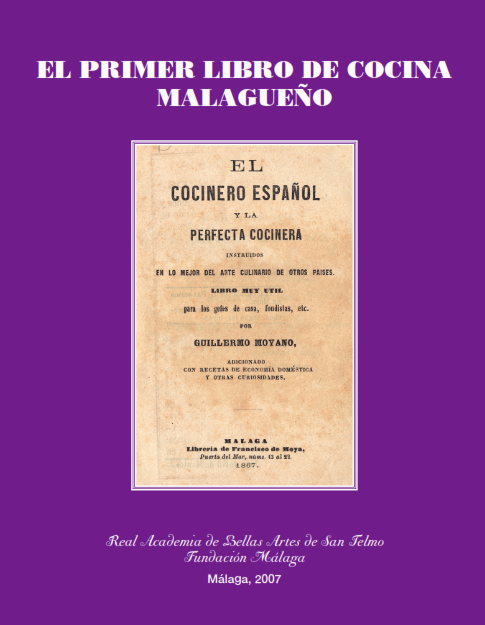
How to adapt food and drink brand names to other countries
When I was a child, I was a fussy eater. I was the typical kid that would really struggle at dinnertime. I hated pulses with a passion and would take hours to eat them.
Nowadays, I enjoy trying new things and cooking, although you’ll never catch me as a contestant on MasterChef.
However, I do really like reading about food, as it is a field that opens the door to many disciplines, such as science, history and culture, not to mention language.
I am honoured to have a reissue of El cocinero español y la perfecta cocinera, considered the first book about Malaga’s cuisine, which was first published in 1867.

The book really fascinates me, as it beautifully illustrates the culinary customs during that era and is written in nineteenth-century Castilian, with fragments like this (feel free to ask me if you need me to translate it):

Food and drink brand names and creativity
I’m sure you’ve been surprised by some food and drink brand names while perusing the supermarket aisles like Stinking bishop, Bitch, Arrogant Bastard or Pigs Ass Porter. In Spain, we have El tío de las papas (the potato guy), Pijo (posh), Envidia cochina (stinking envy) or Malafollá (nothing to do with sex, this is an expression used all over Spain, and particularly in Granada, to define a person who has no sense of humour and who usually has a curt manner).
However, we need to be very careful when getting creative because besides sounding funny, it could also have a negative impact on your target audience.
In the field of gastronomy, a product usually has appeal because of its appearance, texture or smell, etc., but the words we use to describe or name it can also pique interest.
In addition to the formal aspects (name, symbol, design, etc.) a brand is also defined by what it represents for the company itself and the audience. If your company and your target audience don’t perceive the brand in the same way, then something has gone wrong. That something, among other things, could be the brand name.
Brand names are exported too
Some time ago, I wrote about menu translations into Spanish and how a poor translation could be damaging for a restaurant’s reputation. Today, I would like to talk about translating food and drink brand names.
Any product that is sold in another country should be adapted to the target language and culture. In the field of gastronomy, we don’t just adapt the packaging, ingredients or how a product is used (like when we used to drink cava with dessert and now it’s more common as an aperitif); sometimes we have to adapt the brand name too.
When doing so, you should take the following into account:
- Research and find out if your original name could evoke some confusion or conflict in other countries. In the examples above, “pijo” (which means “posh”) may not mean anything in Italian. If that were the case, you can carry on using that name, unless you’d prefer to change it to something that would connect with your potential customers better.
- If you have to change the name, try to avoid any negative connotations with religious, historical, racial, ethnic or social aspects in the countries where you want to expand. Also, try not to fall into the trap of using worn-out stereotypes, for example, Brazil is so much more than football and samba, just like Spain isn’t just flamenco and sangria (side note: we don’t even drink sangria that much!).
- Be careful with protected designations of origin. You cannot sell a product in other countries claiming that it has protected designation of origin if it doesn’t. The truth will always come to light.
Together with your export consultant, translators can stop you from slipping up with cultural boo-boos and help ensure your brand starts off on the right foot abroad. Would you like to talk about it?
